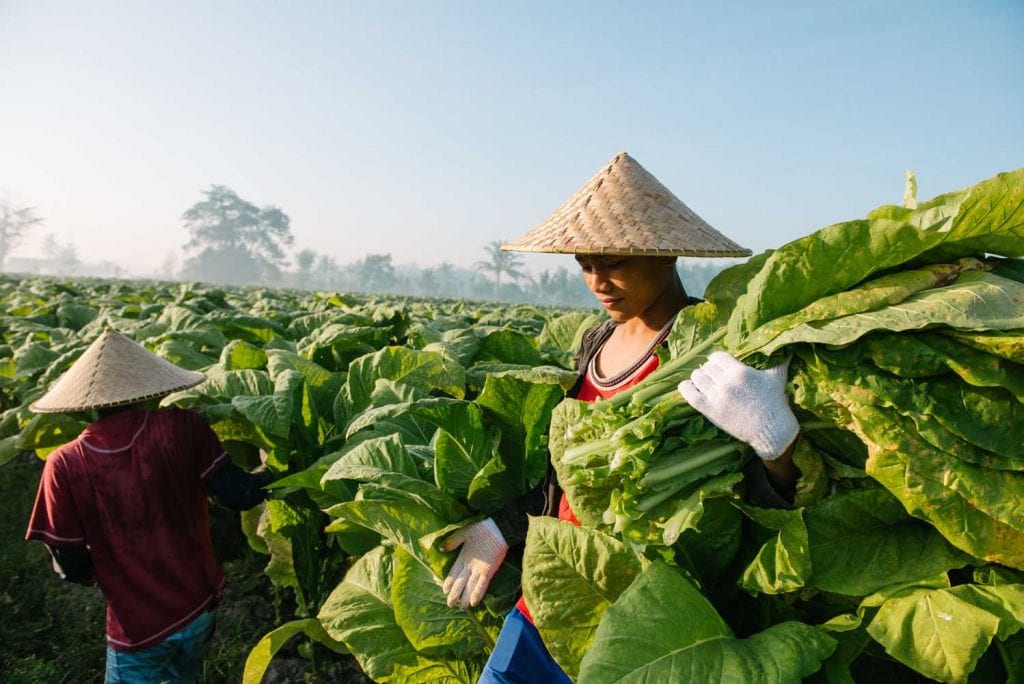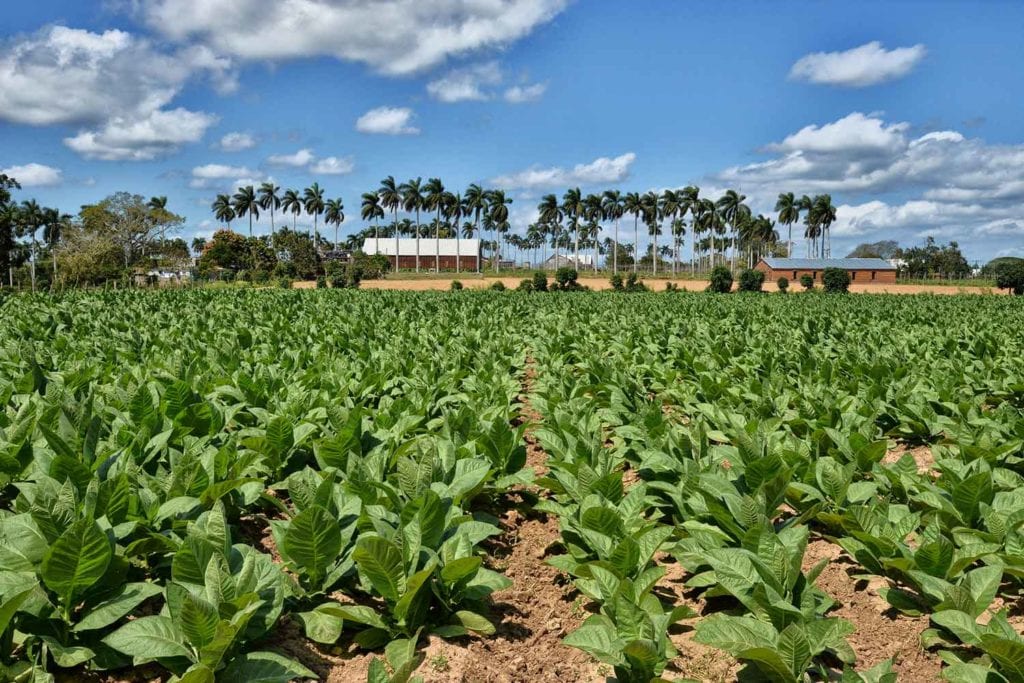
Farmers in Pinar del Rio, Cuba’s primary tobacco producing province, have planted 16,189 hectares of tobacco to date, exceeding the plan of 15,800 hectares of tobacco for the current growing season, reports Prensa Latina.
According to the agricultural specialist of the Tabacuba group in Pinar del Rio, Virginio Morales, the farmers have fulfilled 85 percent of the harvest plan to date.
Some 3,400 workers are engaged in the processing of the leaf, which has reached 2,445 tons. Since the end of December, more than a thousand workers have joined this work.
Most of the tobacco leaf harvested in the area is used to make premium handmade cigars for export, a luxury product demanded in most international markets.

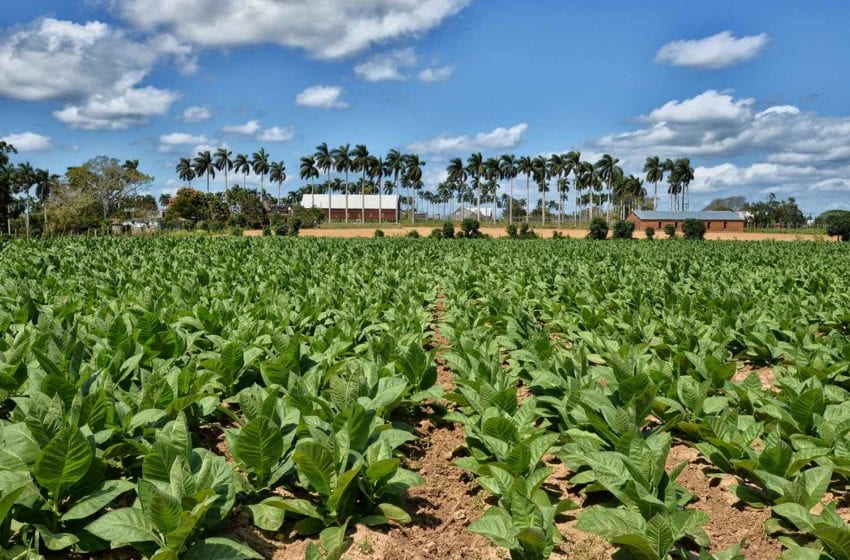
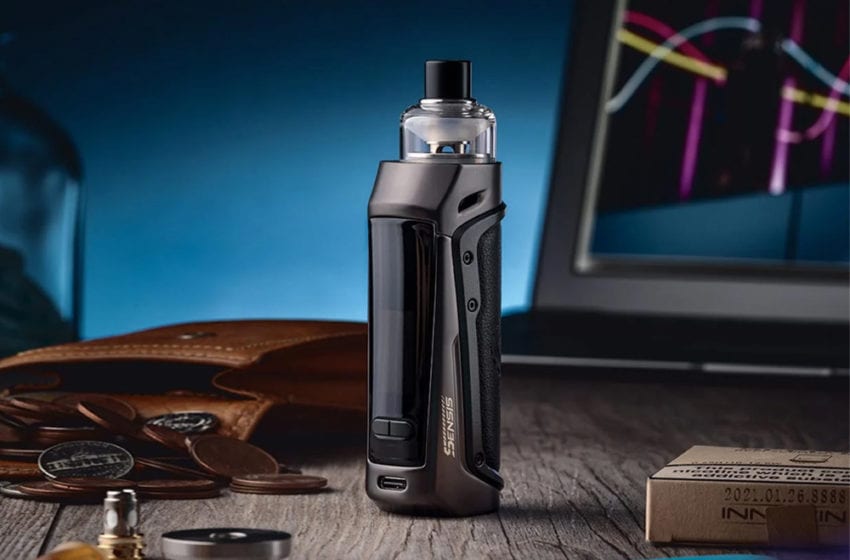
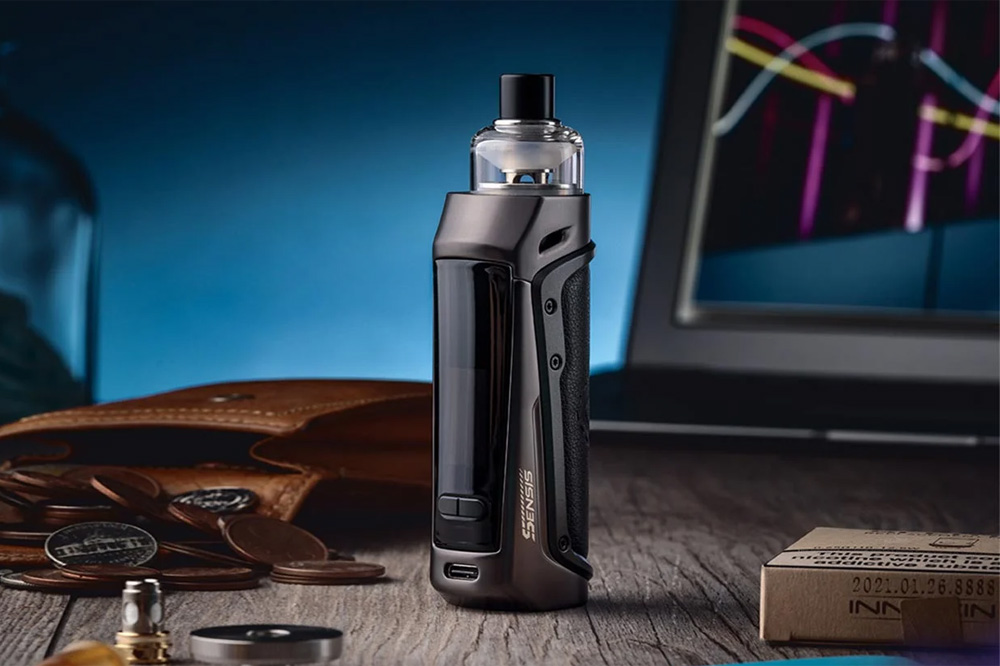


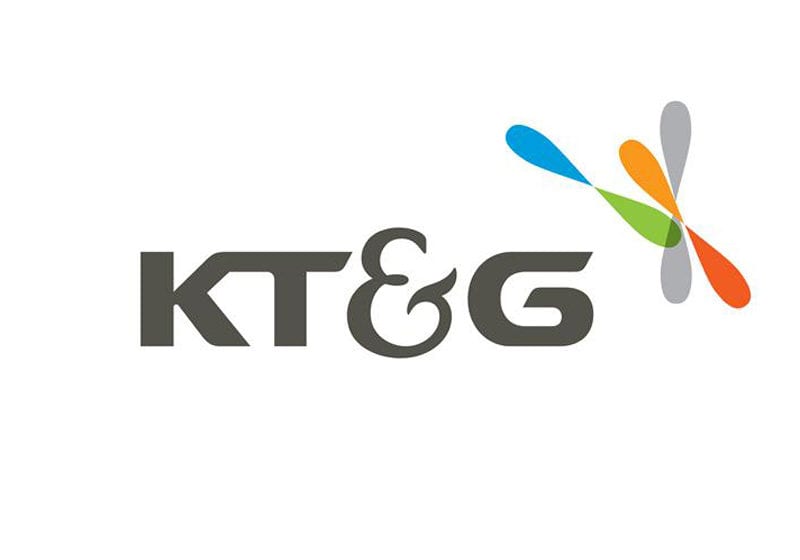
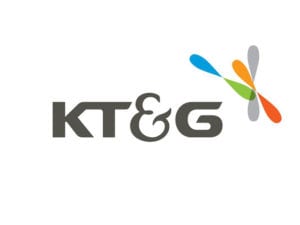 KT&G seeks to generate half of sales from abroad by 2025, according to the
KT&G seeks to generate half of sales from abroad by 2025, according to the 

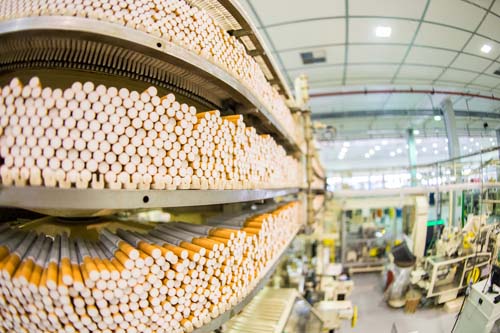
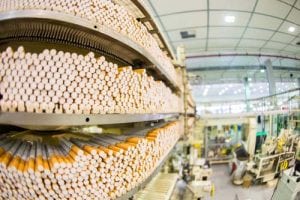 Cigarette manufacturers operating in the Philippines’ special economic zones (SEZ) will soon have to register with the Bureau of Internal Revenue (BIR) to help curb illicit tobacco trade, reports
Cigarette manufacturers operating in the Philippines’ special economic zones (SEZ) will soon have to register with the Bureau of Internal Revenue (BIR) to help curb illicit tobacco trade, reports 



